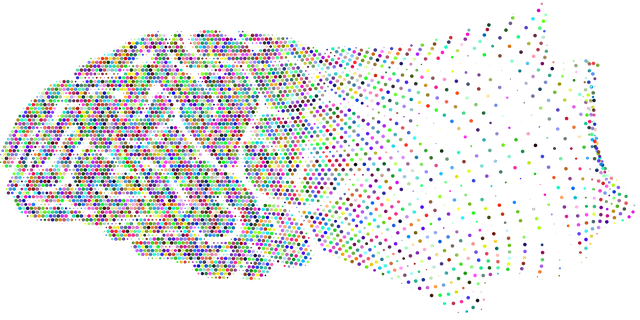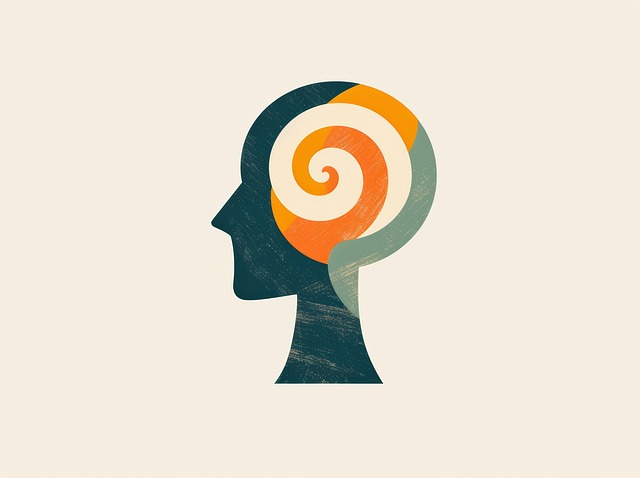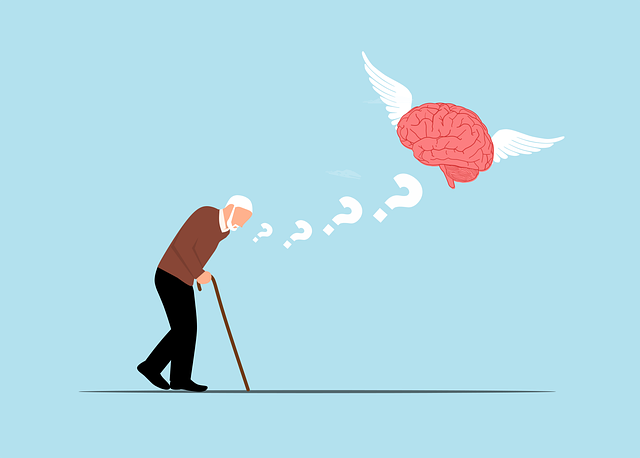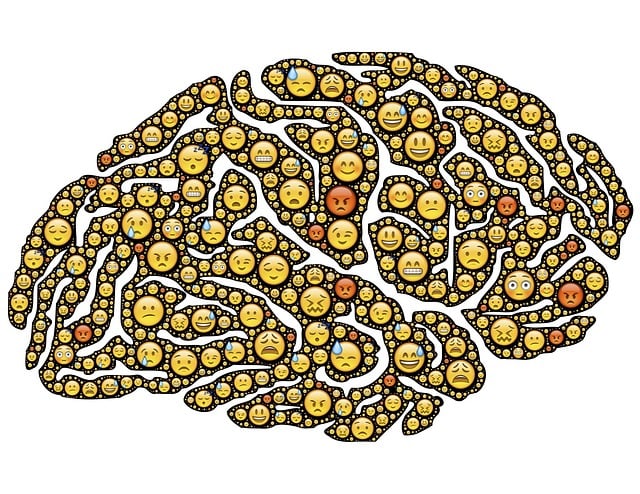Mental illness stigma, driven by misinformation, fear, and historical factors, deeply impacts individuals with mental health challenges. Golden Chronic Illness Therapy (GCIT) combats this stigma through awareness promotion, positive thinking encouragement, and open dialogue about mental health. GCIT aims to create supportive environments where people can access anxiety relief and recover without discrimination. By educating communities, implementing open conversations, social skills training, and raising awareness, GCIT breaks down barriers, promotes early intervention, and reduces stigma, making therapy more accessible for chronic mental illness sufferers. This therapy equips individuals with enhanced self-awareness, empathy strategies, and resilience to navigate their mental health journeys effectively.
Mental illness stigma remains a pervasive barrier to treatment and recovery. This article explores targeted efforts to reduce this damaging social construct, delving into its causes and profound impact on individuals and communities. We highlight the transformative power of education as a catalyst for empathy, drawing inspiration from the Golden Rule. Additionally, we investigate Golden Chronic Illness Therapy as an innovative approach to stigma reduction and advocate for inclusive societal strategies to foster understanding and acceptance.
- Understanding Mental Illness Stigma: Causes and Impact
- Golden Rule: Promoting Empathy Through Education
- Chronic Illness Therapy as a Tool for Stigma Reduction
- Strategies to Foster an Inclusive Society: A Call to Action
Understanding Mental Illness Stigma: Causes and Impact

Mental illness stigma is a complex issue deeply rooted in societal perceptions and historical contexts. It arises from misinformation, fear, and often unseen experiences, leading to negative attitudes towards individuals with mental health challenges. This stigma significantly impacts those affected, causing them to internalize feelings of shame, isolation, and embarrassment, hindering their ability to seek help and access appropriate care. Many struggle in silence, fearing judgment and discrimination.
The causes of mental illness stigma are multifaceted. Stigma often stems from a lack of understanding and visibility of mental health issues. Media portrayal, cultural norms, and personal biases contribute to the negative stereotypes associated with mental illnesses. Conditions like anxiety, a common yet often undiagnosed chronic illness, can be particularly susceptible to stigma due to their invisible nature. Golden Chronic Illness Therapy plays a pivotal role in combating this stigma by promoting awareness, fostering positive thinking, and encouraging open conversations about mental health. Through such efforts, the goal is to create a more supportive environment where individuals can access anxiety relief and recover without fear of being misunderstood or discriminated against.
Golden Rule: Promoting Empathy Through Education

The Golden Rule, a timeless principle, offers a powerful framework for reducing stigma surrounding mental chronic illnesses. By promoting empathy and understanding through education, we can foster an environment where individuals with mental health challenges are treated with compassion and respect. This involves open conversations that demystify various conditions, challenging stereotypes often associated with them. Education plays a pivotal role in helping others recognize the humanity of those dealing with depression or other mental health issues.
Implementing effective communication strategies and social skills training can bridge the gap between individuals with mental illnesses and their communities. It encourages active listening, fosters empathy, and promotes supportive interactions. These initiatives, coupled with raising awareness about depression prevention methods, create a network of understanding that dispel myths and promote early intervention. Ultimately, this collective effort contributes to breaking down barriers and reducing the stigma attached to seeking therapy for mental chronic illnesses.
Chronic Illness Therapy as a Tool for Stigma Reduction

Chronic illness therapy plays a pivotal role in mental illness stigma reduction efforts. By providing a safe and supportive space, individuals diagnosed with chronic conditions can engage in golden chronic illness therapy to enhance self-awareness exercises and foster empathy building strategies. Through this process, they learn to navigate their mental health journeys with increased resilience and understanding.
The approach focuses on normalizing experiences, challenging societal norms, and promoting open conversations about mental illness. This not only helps individuals feel less isolated but also equips them with the tools to advocate for themselves. As a result, chronic illness therapy contributes significantly to breaking down barriers associated with mental illness stigma, paving the way for more inclusive communities where everyone receives the support they need.
Strategies to Foster an Inclusive Society: A Call to Action

Reducing stigma around mental illness is a collective responsibility that requires multifaceted strategies to foster an inclusive society. One powerful approach involves advocating for and implementing comprehensive Mental Health Policy Analysis and Advocacy initiatives. By engaging policymakers, community leaders, and the general public through open dialogues and educational programs, we can challenge outdated beliefs and promote understanding. Incorporating mental wellness journaling exercises into these efforts offers individuals a personal path to reflect on their experiences, track progress in therapy, and cultivate inner strength development.
This two-pronged strategy—policy analysis driving systemic change and wellness journaling encouraging individual growth—aligns with the golden standard of chronic illness therapy: empowering individuals to navigate challenges while building resilience. Together, these efforts can dispel myths, reduce discrimination, and create a more accepting environment for those navigating mental health journeys.
Mental illness stigma, often perpetuated by ignorance and misunderstanding, can be effectively challenged through education, empathy, and inclusive practices. As highlighted in this article, initiatives like Golden Chronic Illness Therapy play a crucial role in promoting understanding and reducing the social isolation experienced by many. By fostering an environment of acceptance and support, we can ensure that individuals facing mental health challenges are empowered to seek help and live fulfilling lives. It is through collective action and open dialogue that we can navigate towards a more compassionate society where everyone feels valued and supported.














